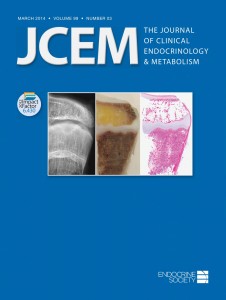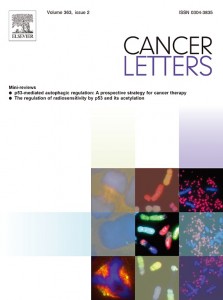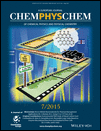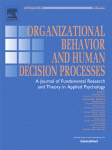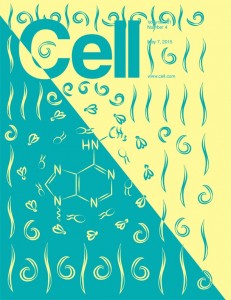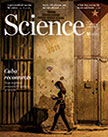 In what can only be described as a remarkable and swift series of events, one of the authors of a much-ballyhooed Science paper claiming that short conversations could change people’s minds on same-sex marriage is retracting it following revelations that the data were faked by his co-author.
In what can only be described as a remarkable and swift series of events, one of the authors of a much-ballyhooed Science paper claiming that short conversations could change people’s minds on same-sex marriage is retracting it following revelations that the data were faked by his co-author.
[3:45 p.m. Eastern, 5/28/15: Please see an update on this story; the study has been retracted.]
Donald Green, of Columbia, and Michael LaCour, a graduate student at UCLA, published the paper, “When contact changes minds: An experiment on transmission of support for gay equality,” in December 2014. The study received widespread media attention, including from This American Life, The New York Times, The Wall Street Journal, The Washington Post, The Los Angeles Times, Science Friday, Vox, and HuffingtonPost, as LaCour’s site notes.
David Broockman and Joshua Kalla, graduate students at University of California, Berkeley, were two of the people impressed with the work, so they planned an extension of it, as they explain in a timeline posted online yesterday: Continue reading Author retracts study of changing minds on same-sex marriage after colleague admits data were faked

